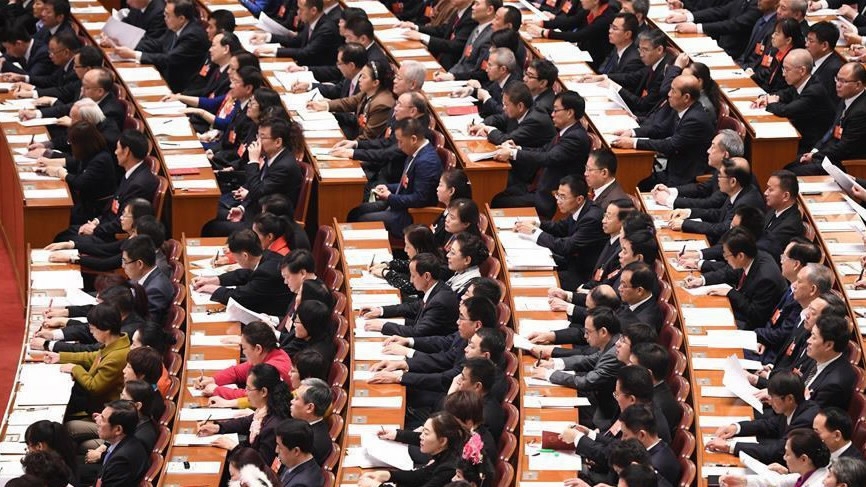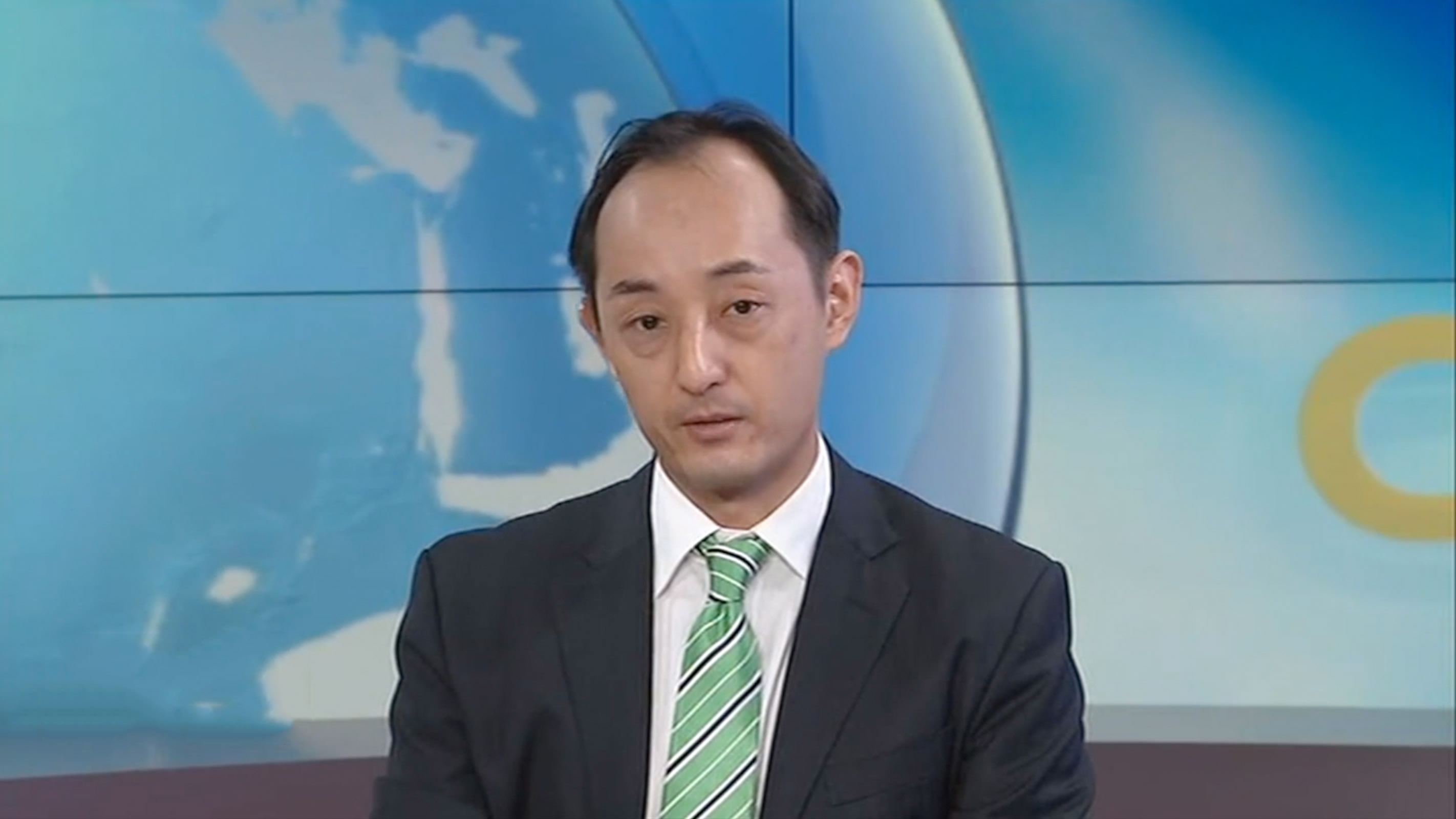
Politics
16:52, 14-Mar-2018
China rolls out supervisory reform, eyes anti-graft efficiency
CGTN

By CGTN’s The Point
As China beefs up its campaign to crack down on corruption with the establishment of a national supervisory commission, observers are highlighting the concept of "checks and balances" with Chinese characteristics.
The National Supervisory Commission (NSC) will work in "parallel" with other bodies in the State Council, China’s cabinet, which reports work to the National People’s Congress (NPC), the highest institution of state power, Xu Qingduo, senior researcher at Beijing-based Pangoal Institution, said on CGTN’s The Point (@thepointwithlx).

China listed the NSC as a state organ in the national Constitution, which was amended during the ongoing first session of the 13th NPC in Beijing.
Xu added that the NSC is also "under the leadership of the Central Committee of the Communist Party of China (CPC)," noting that the existing intra-party supervisor, the Central Commission for Discipline Inspection (CCDI), has exhibited "self-discipline" over the years.
“The CCDI has policed 1.5 million officials, 25 members of the CPC Central Committee and nine of its own members,” Xu said.
David Law from the University of Hong Kong brought forward concerns shared by some international media, arguing that the "power restraint" in the new system could be a potential problem.
"That’s why so many Western systems and Western Constitutional theories emphasize the needs for ‘checks and balances’ rather than relying on ‘vertical control'," he said.

Law admitted that the "competition" between the two anti-corruption institutions in the old system, the CCDI and the country’s procuratorate departments, brought about problems. But he also pointed out that the new body, the NSC, will streamline the efficiency of supervisory work.
The CCDI hunted down public officials while the procuratorates went after private individuals such as business people, he explained, noting that the NSC is now combining the powers to prosecute "two different sets of people" who violate China’s anti-corruption law.
China’s draft supervision law was submitted for its third reading at the national legislature on Tuesday.
According to the draft, new supervisory commissions will be established at the national, provincial, city and country levels, independently exercising supervisory power and not be subject to interference from the government, social organizations and individuals.
The Point with Liu Xin is a 30-minute current affairs program on CGTN. It airs weekdays at 9.30 p.m. BJT (1330GMT), with rebroadcasts at 5.30 a.m. (2130GMT) and 10.30 a.m. (0230GMT).

SITEMAP
Copyright © 2018 CGTN. Beijing ICP prepared NO.16065310-3
Copyright © 2018 CGTN. Beijing ICP prepared NO.16065310-3